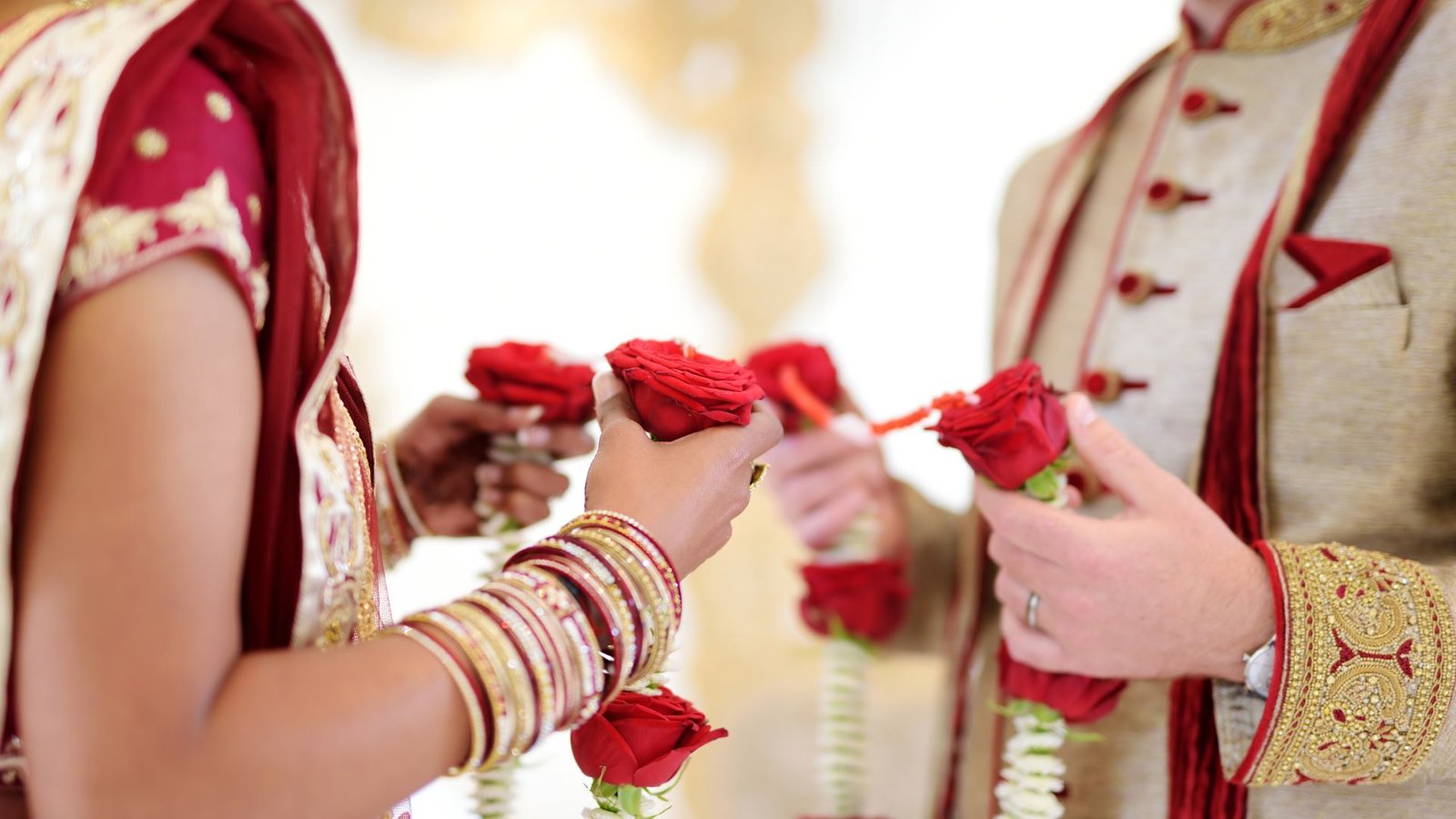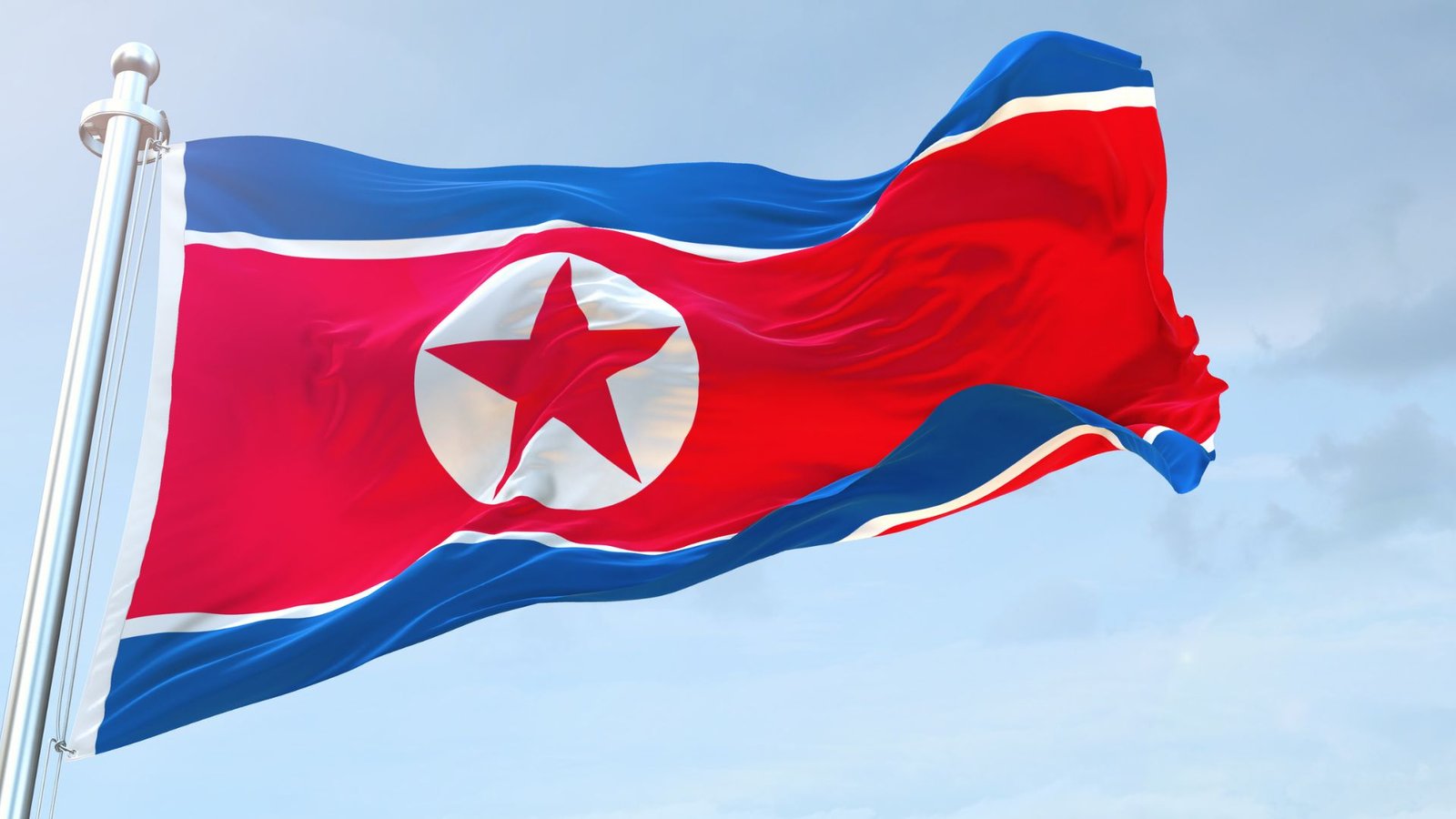On this page you will read detailed information about Special Marriage Act 1954.
As you consider entering into a civil marriage in India, you must understand the legal provisions that enable you to register your marriage under the Special Marriage Act of 1954. This Act allows Indian citizens from differing religious backgrounds to legally register their marriage and receive protection for basic rights without needing to renounce their faith. In this 100-word introduction, you will gain key insights into the history, purpose, and main provisions of this important piece of legal recognition for interfaith and non-religious unions in India. Being informed on the requirements and process for special marriage registration can empower you to make the best decisions regarding your shared future.
What Is Special Marriage Act 1954?
The Special Marriage Act, 1954 is a legislative act in India that allows for civil marriages and registration of marriages. It applies to all citizens of India regardless of religion. Some key points about the Special Marriage Act:
- It provides a special form of marriage for couples who do not wish to marry under personal laws in India based on religion. Civil marriages can be solemnized under this Act.
- The Act is applicable to all citizens of India, regardless of religion. The only conditions are that the individuals should be of sound mind, have attained the age of 21 for male and 18 for female, and should not fall within the degree of prohibited relationship.
- The marriage is solemnized before the Marriage Officer after issuance of public notice inviting objections. The marriage needs to be registered to be legally valid.
- The Act allows for inter-religion and inter-caste marriages. The marriage is not subject to any personal law in force in India.
- Divorce is also possible under the Special Marriage Act. The conditions and procedures for divorce are specified under the Act.
- Succession and inheritance are governed by the Indian Succession Act, 1925. The rights of the spouse and children to inherit property are protected.
- The Act provides for a single and uniform law of marriage and divorce for all Indian citizens, irrespective of religion. It aims to give more freedom and choice to individuals in marriage and provide for a progressive outlook.
Overall, the Special Marriage Act, 1954 establishes a civil marriage system in India that allows for marriage and its registration independent of any particular religious personal law. It promotes a progressive and secular outlook on marriage.
Key Features of the Special Marriage Act
The Special Marriage Act, 1954 provides for solemnization of marriages in special cases such as inter-caste marriages or interreligious marriages. It applies to the whole of India except the state of Jammu and Kashmir.
Some of the key features of the Special Marriage Act are:
- It provides for a civil form of marriage where two individuals can marry by solemnizing their marriage before the Marriage Officer. Religious ceremonies or rites are not essential.
- The Act allows inter-caste marriages, inter-religious marriages as well as marriages between Indian nationals living abroad. Any two individuals can marry under this Act regardless of their caste, religion or nationality.
- Both parties have to file a notice of intended marriage with the Marriage Officer at least 30 days before the marriage. The notice period can be reduced to 15 days in special cases.
- The marriage is solemnized in the presence of at least three witnesses in a ceremony before the Marriage Officer.
- The marriage can be registered by the Marriage Officer by entering the particulars in the Marriage Certificate Book. A marriage certificate is then issued to the couple which serves as evidence of the marriage.
- The Act provides for certain void and voidable marriages and the grounds for annulment and divorce. The spouses can seek divorce under the Act on grounds like cruelty, adultery, desertion, etc.
- The Act allows for maintenance, alimony and the custody of children in case of divorce or judicial separation. The interests of women and children are protected.
- The jurisdiction of courts is confined to the territories to which the Act extends. Appeals from the orders under the Act lie to the district courts and high courts.
The Special Marriage Act aims to provide a special form of marriage for any Indian national irrespective of religion or faith. It grants individuals the right to marry according to their wishes and safeguards the interests of women by providing grounds for divorce and maintenance. Overall, the Act promotes the right to equality and secularism enshrined in the Constitution of India.
Procedure for Solemnizing a Marriage Under the Special Marriage Act
To solemnize a marriage under the Special Marriage Act, 1954, certain procedures and conditions need to be fulfilled.
Notice of Intended Marriage
First, notice of the intended marriage needs to be given by the parties to the marriage. The notice should be in the prescribed form and given to the Marriage Officer of the district in which at least one of the parties has resided for at least 30 days. The notice should contain details like the names, dates of birth, addresses, names of the parents, marital status, and nationalities of both parties.
Publication of Notice
The Marriage Officer will then direct the parties to publish the notice in the prescribed format in two newspapers for at least 30 days from the date of receiving the notice. The purpose of publication is to allow any objections to the marriage to be brought before the Marriage Officer.
Objections to the Marriage
If any objections are raised, the Marriage Officer will hold an inquiry to determine their validity. If found valid, the Marriage Officer may refuse to solemnize the marriage. The parties can appeal to the district court against such an order. In case no objections are received, the marriage may be solemnized after 30 days of the publication of the notice.
Solemnization of Marriage
The parties need to appear before the Marriage Officer along with three witnesses on the date of solemnization of marriage. The Marriage Officer will then solemnize the marriage according to the procedure laid down. The Marriage Officer will enter the details of the marriage in the Marriage Certificate Book. The parties can then obtain a certified copy of the marriage entry from the Marriage Officer.
The Special Marriage Act prescribes a procedure for solemnizing inter-religious and inter-caste marriages in India. By following the laid down procedure correctly, any couple can have their marriage solemnized under this Act.
Advantages of Marrying Under the Special Marriage Act
There are several benefits to getting married under the Special Marriage Act (SMA) of 1954.
Inter-Religious and Inter-Caste Marriage
The SMA allows two individuals of different religions, castes, or creeds to get married. This Act provides a civil form of marriage for such couples who want to register their marriage under a secular law. Those unable to marry under personal laws due to religious restrictions can opt for marriage under this Act.
Simple Procedure
The SMA prescribes a simple procedure for marriage registration. The application process is straightforward, requiring minimal paperwork. Both parties must be of sound mind, have attained the age of majority (21 for males and 18 for females), and not be close relatives. Notice of the intended marriage is displayed for 30 days, after which – if no objections are received – the marriage can be solemnized.
Equal Rights to Women
The SMA provides women with equal rights in the marriage, including property and divorce. This is unlike some personal laws where women do not get an equal share in property or divorce rights. Under the SMA, the wife has an equal share in the property acquired after marriage and can seek divorce on the same grounds as the husband.
Registration of Marriage
A marriage registered under the SMA provides a legal certification of the marital union. The marriage certificate issued can be used as evidence of the relationship for various purposes like applying for a passport, opening a bank account, etc. Registration of marriage also provides security to the wife in case of desertion or other issues.
In summary, the Special Marriage Act aims to provide a secular and progressive law relating to marriage and family for those who want to move away from the restrictions of personal laws based on religion. Its simple procedure and provision of equal rights make it an attractive option for inter-religious and inter-caste couples.
FAQs on the Special Marriage Act, 1954
The Special Marriage Act, 1954 is an Act enacted by the Parliament of India to provide a special form of marriage for the people of India and all Indian nationals in foreign countries, irrespective of the religion or faith followed by either party. This Act recognizes marriages between any two persons who are citizens of India.
Any two persons, regardless of religion, caste or community can get married under this Act. The Act allows:
i) Indian citizens within India to marry
ii) Indian citizens residing abroad to marry
iii) Foreigners of Indian origin to marry
To get married under the Special Marriage Act, the following eligibility criteria must be met:
i) The bridegroom must be at least 21 years of age; the bride must be at least 18 years of age.
ii) The parties must not be related to each other within the prohibited degree of relationship as defined in the Act.
iii) Both parties must be of sound mind and capable of giving consent.
iv) Both parties must voluntarily consent to the marriage.
v) If previously married, both parties must provide proof of divorce or death of spouse.
The process to register a marriage under the Special Marriage Act includes:
1. Submit a written application in the specified form to the Marriage Officer of the district where at least one of the parties to the marriage has resided for at least 30 days.
2. The Marriage Officer will issue a public notice inviting objections to the marriage. Any person may object to the marriage within 30 days.
3. If no objections are received within 30 days or if the objections are rejected, the marriage will be solemnized.
4. The marriage needs to be solemnized within 3 months from the date of the notice.
5. The marriage may be solemnized in any form the parties may choose.
6. The marriage needs to be registered by the Marriage Officer by entering the particulars in the Marriage Certificate Book.
The following documents are required for marriage registration under the Special Marriage Act:
• Application form in the prescribed format
• Proof of age (birth certificate)
• Proof of marital status (divorce decree/death certificate of spouse if any)
• Residence proof
• Declaration by the bride and the groom that they are not related to each other within the prohibited degree of relationship
• Oath of marriage
• Marriage invitation card
• Photographs of marriage
• Proof of identity
Disclaimer
The information and services on this website are not intended to and shall not be used as legal advice. You should consult a Legal Professional for any legal or solicited advice. While we have good faith and our own independent research to every information listed on the website and do our best to ensure that the data provided is accurate. However, we do not guarantee the information provided is accurate and make no representation or warranty of any kind, express or implied, regarding the accuracy, adequacy, validity, reliability, availability, or completeness of any information on the Site. UNDER NO CIRCUMSTANCES SHALL WE HAVE ANY LIABILITY TO YOU FOR ANY LOSS OR DAMAGE OF ANY KIND INCURRED AS A RESULT OR RELIANCE ON ANY INFORMATION PROVIDED ON THE SITE. YOUR USE OF THE SITE AND YOUR RELIANCE ON ANY INFORMATION ON THE SITE IS SOLELY AT YOUR OWN RISK. Comments on this website are the sole responsibility of their writers so the accuracy, completeness, veracity, honesty, factuality and politeness of comments are not guaranteed.
So friends, today we talked about Special Marriage Act 1954, hope you liked our post.
If you liked the information about Special Marriage Act 1954, then definitely share this article with your friends.
Knowing about laws can make you feel super smart💪 ! If you find value in the content you may consider joining our not for profit Legal Community ! You can ask unlimited questions on WhatsApp and get answers. You can DM or send your name & number to 8208309918 on WhatsApp








